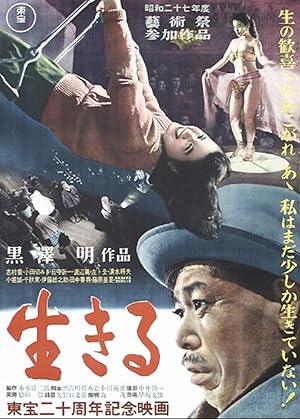
Ikiru
Box Office
Arcplot Score Breakdown
Beat Sheet
15 plot points

Emotional Arc
Plot Points
Opening Image
Kanji Watanabe, a bureaucrat, working monotonously in city office. Gray, lifeless routines establish his stagnant existence.
Theme Stated
Doctors tell Watanabe he has terminal stomach cancer. Theme: confronting mortality, searching for meaning, living fully.
Set-Up
Watanabe continues work, notices paperwork and routine are meaningless. Reflects on wasted years. Isolation emphasized. Colleagues oblivious. City life indifferent.
Catalyst
Watanabe realizes death is imminent. Emotional crisis begins. Desire to leave a legacy ignites.
Debate
Can he change at this stage of life? Fears inability to make meaningful impact. Considers escapism (drinking, entertainment) but finds emptiness.
Break Into Two
Decides to build a children’s playground in poor neighborhood. Commits fully to project. Action as life purpose.
B Story
Interaction with younger colleagues and citizens. Learning humility, empathy, connection. Humanity rediscovered.
Fun and Games
Watanabe navigates bureaucratic obstacles. Persistence, cleverness, and patience. Slowly rallies support. Satisfaction and joy in acting for others.
Midpoint
Playground project approved. Triumph: creating tangible positive impact. Emotional high point.
Bad Guys Close In
Health deteriorates rapidly. Time running out. Bureaucrats question value of work. Mortality pressure escalates.
All Is Lost
Watanabe collapses in hospital. Despair: will not live to see full fruits of labor.
Dark Night of the Soul
Reflecting on life’s meaning. Accepts death but feels pride in contribution. Philosophical meditation on existence.
Break Into Three
Final determination to attend playground opening despite frailty. Pushes personal limits to witness achievement.
Finale
Playground inaugurated. Children play. Colleagues inspired. Watanabe dies peacefully, fulfilled by his legacy.
Final Image
Empty playground at night. Silence. Watanabe’s impact remains. Life transformed through purposeful action. Emotional closure and reflection.